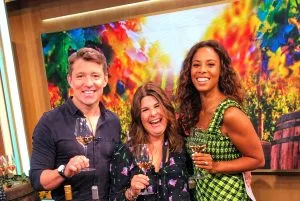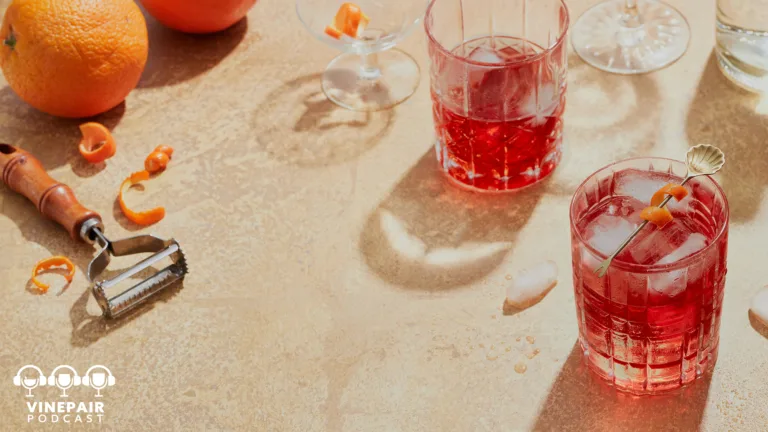Last November, I presented a blind tasting masterclass at the Amsterdam Natural Wine Festival. The idea was to convince people that tasting blind is vital and beneficial, and to debunk a few notions. It shouldn’t be about gloating when you correctly guess the bottle was a 1961 Château Cheval Blanc (lucky you if you have friends like that), but rather about removing distraction and subjectivity.
So many factors can influence our perception of wine. And in many conditions, it is absolutely fine that they do. Let’s say you are with your best friends in a cosy restaurant. The sommelier lays on the charm – they happen to be rather good looking too – and leads you through the list to an exciting sounding bottle. There is a very high chance that the wine will taste delicious. The conversation and the endorphins flow. Life is good. You are primed to not just like, but probably love what gets poured into your glass.
Confirmation bias is more pernicious. If you knew that bottle was a Cheval Blanc, one of the rarer Ganevat cuvées or [insert your own unicorn wine], it would be hard to sit there and pronounce it disgusting. Most people would make allowances, willing the wine to be transformational. Even if, in truth, it was nothing more than ordinary.
Even those of us who believe we are wine-educated are prey to an extraordinary array of distractions. My neuroscientist friend Gabriel Lepousez talks about the predatory influence of sight, and my goodness, is that
This Article was originally published on The Morning Claret







